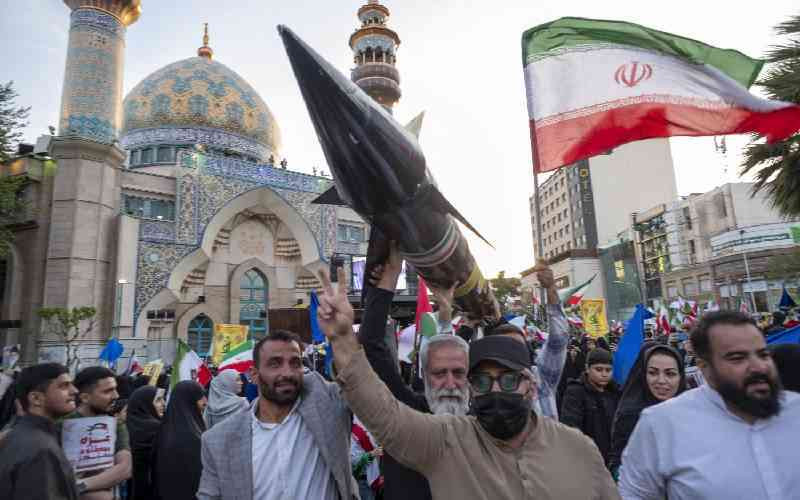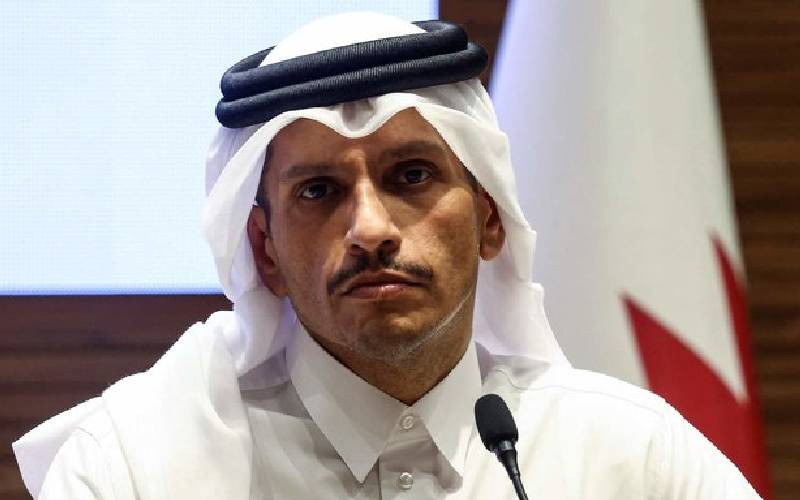On June 26, 1945, in San Francisco, US, the independent nations of the world adopted the United Nations (UN) Charter, motivated by the desire stated in its preamble, “to save succeeding generations from the scourge of war that twice in our own lifetime has brought untold sorrow upon mankind.” To this end, Article 1 of the UN Charter sets out its core function as maintenance of international peace and security.
Adopted in the immediate aftermath of World War II, the UN Charter had a clear objective: to eliminate war. Each Member State solemnly bound itself to refrain from the threat or use of force against any other State, or in any manner inconsistent with the purposes of the UN (Article 2(4)). Indeed, the chief prosecutor at the Nuremberg Trials declared aggressive war, “essentially an evil thing..., the supreme international crime, differing only from other war crimes in that it contains within itself the accumulated evil of the whole.”
The Rome Statute that sets up the International Criminal Court (ICC) adopted this concept of the repugnance of aggressive war, as opposed to a war of self-defence. Article 8 of the Statute defined war crimes.
The 2010 Kampala Review Conference of the ICC then amended Article 8 by consensus to add a definition of ‘war of aggression’, which is undergoing ratification. So the question of how the war is waged (jus in bello), while important, is only secondary.
The primary question is whether the war is aggressive. So of course, the ongoing crisis in Syria is a grave cause for concern to all peace-loving people and law-abiding States. This is what led to the recent non-binding resolution of the UN General Assembly that remarkably condemns its own Security Council for failing to end the fighting in Syria.
The resolution on the Syria situation also condemns the Syria Government’s use of heavy weapons in civilian areas, and demands that all parties “immediately and visibly commit” to ending the conflict.
In response, the representative of Syria lamented that the States sponsoring the text were the same ones that were providing weapons to the Syrian rebels. He noted that even Western media outlets had confirmed that fact, and also confirmed that missiles had arrived via Turkey to those armed groups.
Russia’s UN ambassador was equally alarmed, stating: “Behind the facade of humanitarian rhetoric, the resolution hides a blatant support for the armed opposition.”He accused some unnamed Arab and Western nations of actively supporting and financing the rebels and giving them mercenaries and arms.
This is tragic. Because the fact is that the crisis in Syria, which began as a protest against the regime of President Bashar al Assad, is being fanned by equally authoritarian Arab regimes. Also, some Western nations that are at the forefront of condemning war crimes in Syria are equally complicit in sponsoring the rebels.
Earlier this year for example, US President Obama signed a covert directive allowing clandestine support of the Syrian rebels by the CIA and other US agencies. It allowed the US to provide “non-lethal aid” like funding, communications equipment and intelligence, as well as potentially co-ordinate the supply of arms through the Gulf States to the Syrian rebels.
Both the Syria regime and the rebels are in full-blown civil war. Yet the Syrian civil war has quickly morphed into a proxy war, with some NATO powers and Gulf States on one side, and China and Russia politically supporting the Syria government. The Western media is actively complicit in a lexical battle, often terming Syrian military successes “massacres” and suicide terrorist attacks by rebel groups as “fightbacks”.
The Syrian crisis exposes a worrisome trend of illegal military intervention, contrary to the foundational principles of the UN Charter. The ICC is structurally unable to act, save as a tool for Western foreign policy objectives. This twinning of the ICC with Western foreign policy is of serious concern to Africa.
The writer is an Advocate of the
High Court of Kenya
 The Standard Group Plc is a
multi-media organization with investments in media platforms spanning newspaper
print operations, television, radio broadcasting, digital and online services. The
Standard Group is recognized as a leading multi-media house in Kenya with a key
influence in matters of national and international interest.
The Standard Group Plc is a
multi-media organization with investments in media platforms spanning newspaper
print operations, television, radio broadcasting, digital and online services. The
Standard Group is recognized as a leading multi-media house in Kenya with a key
influence in matters of national and international interest.
 The Standard Group Plc is a
multi-media organization with investments in media platforms spanning newspaper
print operations, television, radio broadcasting, digital and online services. The
Standard Group is recognized as a leading multi-media house in Kenya with a key
influence in matters of national and international interest.
The Standard Group Plc is a
multi-media organization with investments in media platforms spanning newspaper
print operations, television, radio broadcasting, digital and online services. The
Standard Group is recognized as a leading multi-media house in Kenya with a key
influence in matters of national and international interest.








